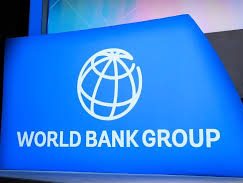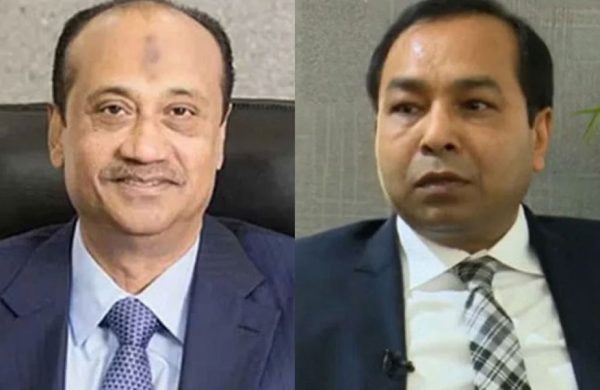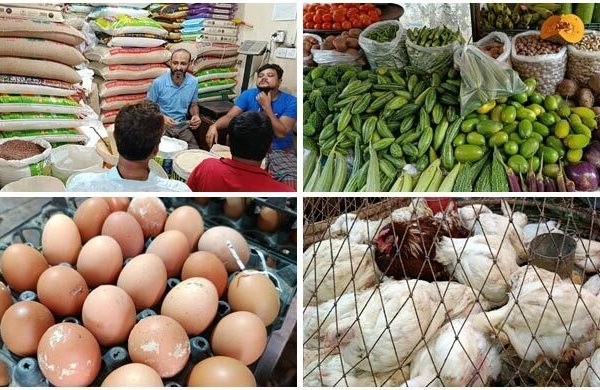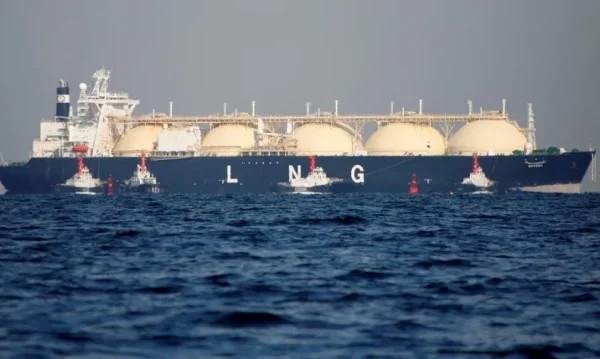WB Group announces strategic pivot in agribusiness
- Update Time : Sunday, October 27, 2024

Staff Correspondent:
The World Bank Group on Sunday announced a strategic pivot in its approach to agribusiness with a goal to create a comprehensive ecosystem for the industry.
The shift will combine a new way of working with a new level of investment – doubling its agri-finance and agribusiness commitments to $9 billion annually by 2030.
The new approach arrives as four trends are fundamentally reshaping the agribusiness landscape: climate change, innovations in finance, digitalization, and solutions to fragmentation.
It also aims to take advantage of demand for food that is set to increase by 60 percent in the coming decades and respond to a critical need for jobs in emerging markets.
“We stand at a crossroads, and the path we choose today will determine the future,” said World Bank Group President Ajay Banga.
“The World Bank’s ecosystem approach moves us beyond fragmented efforts to a constellation of solutions that includes everything from warehousing to logistics to production, but with smallholder farmers and producer organizations at the centre.”
The ecosystem is made possible because of the work the World Bank Group has advanced over the past 16 months to become a better, simpler, more coordinated institution.
The more integrated approach will bring together all the institution’s resources to offer comprehensive support and tailored solutions.
The Bank is developing a continuum with IBRD and IDA’s experience building capacity and services of the public sector; and IFC and MIGA’s financing and private sector access.
Ultimately, this contiguous way of working will be seen and felt by business and government partners alike – with a goal to increase mobilisation to $5 billion in 2030.
THREE EXAMPLES OF THIS APPROACH
The World Bank Group’s public sector arms can help countries develop regulations and standards, like those that ensure products comply with export market requirements. They can advise on land tenure solutions or develop national irrigation networks.
In the area of climate finance, they can help governments repurpose some of the $1.25 trillion of fossil fuel, agriculture, and fishery subsidies to incentivize greener practices, unlocking a significant source of financing for the agricultural sector.
The World Bank Group’s private sector teams can focus on everything from debt and equity funding to mitigating risk with guarantees, overcoming access challenges. The new, simplified World Bank Group Guarantee Platform is a key step in this transformation, making it easier to deliver tailored solutions that meet the diverse demands of our partners.
The World Bank Group together can help smallholder farmers connect into the supply chains.
IBRD can work with smallholder and producer organizations to improve their productivity and climate resilience, making them viable suppliers that can meet the scale, consistency, and high standards that larger companies need.
While IFC can come in at later stages to provide financing for equipment and connect these cooperatives with companies seeking reliable sources of production when ready for private investment.
The increase in agricultural productivity – and incomes – will help create jobs, boost revenues, and improve the quality of food and nutrition. Climate-smart production practices will mean fewer emissions and cleaner air and water. Overall, a better quality of life.



















